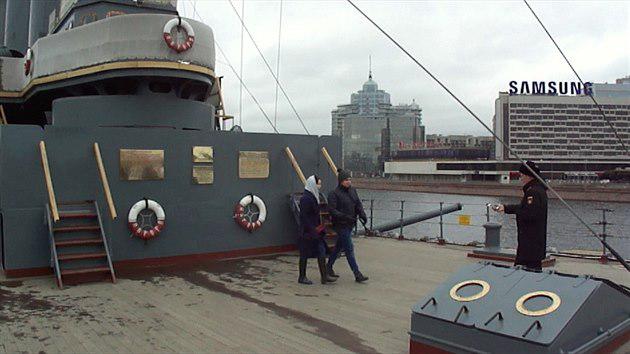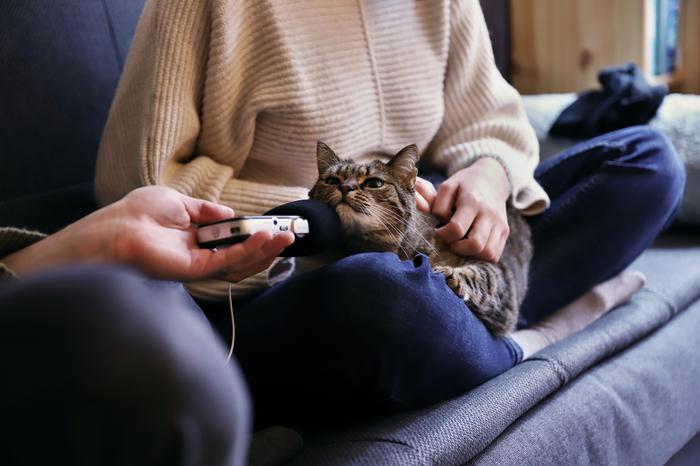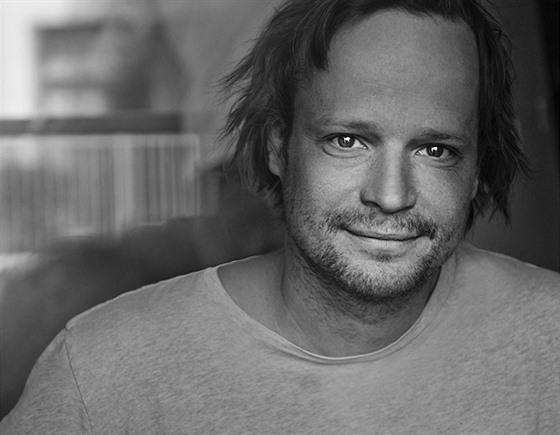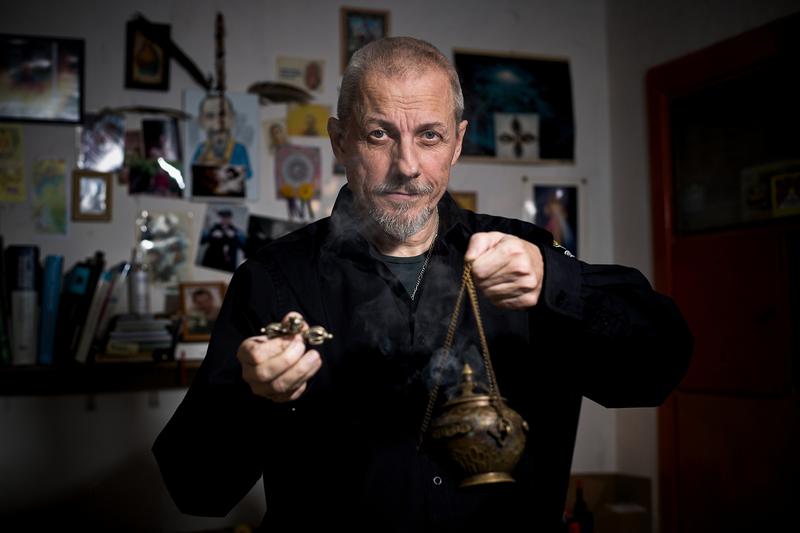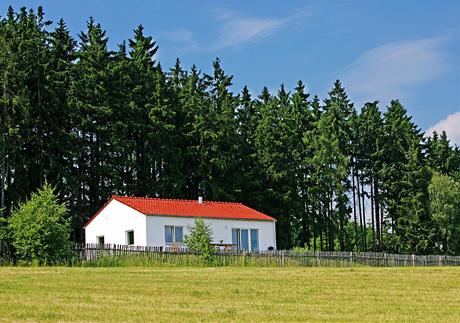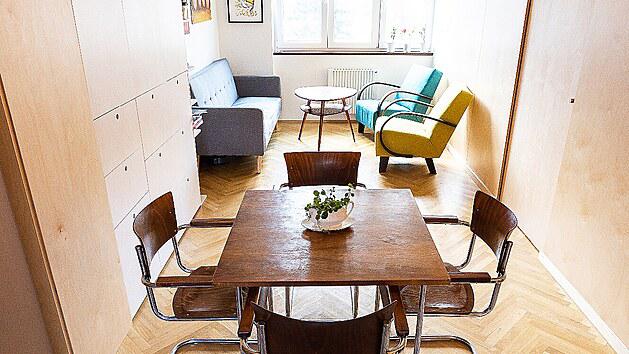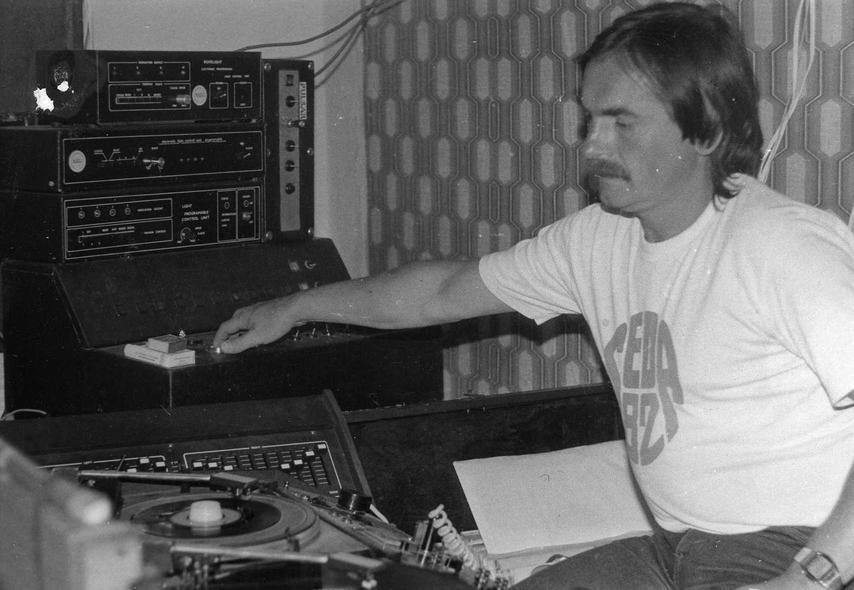
Readers travel: Women are banned from entering an autonomous monastic state in the EU
I try to use every little bit of free time to travel. The days between Christmas and New Year, when I usually have a holiday, are no exception. In 2018, I went to an autonomous monastic state.
Where is it anyway? Mount Athos (or Holy Mountain, Agion Oros in Greek) is located on the easternmost "finger" of the Greek peninsula of Halkidiki. There are twenty Orthodox monasteries and many smaller monastic residences. It is forbidden to take pictures in the monasteries and it is forbidden to shoot videos on the entire peninsula, so you will not see any travelogues from here on TV.
| 17 photos |
Since 1045, women and female animals have been forbidden to enter here. The first one is observed, in the history they have recorded only a few violations of this ban. The latter applies mainly to farm animals – it would of course be difficult to control insects, birds, voles and the like. According to legend, the ban on the entry of women and female animals was ordered by the Virgin Mary herself when she visited Mount Athos. Everyone probably thinks, how can this be followed today? In short, it can. They have an exception in the European Union. Everything is possible if you want.
They also have an exception in the area of taxes, which is no less important for the functioning of this autonomous state. The local ancient monasteries not only hide monuments of incalculable value, but the monks here follow a strict monastic life. Svatá Hora is therefore included in the UNESCO list of cultural monuments.
I knew about this area before, but I remembered it only when I bought cheap tickets Bratislava-Skopje and Thessaloniki-Bratislava. Subsequently, the organization of permission to enter this territory began. A hundred permits are issued daily to Orthodox Christians (which I am not) and ten permits to others. Especially in the summer months or during holidays, these permits are taken out long in advance.
Fortunately, during Catholic Christmas (Orthodox Christmas is celebrated at a different time) there was no problem and I received permission after applying by e-mail, but only for one night. But it was necessary to arrange overnight accommodation in one of the monasteries, and the ones to which you can send an e-mail were no longer available. So it was necessary to send a fax to someone else. My first fax in my life! But where can you get a functional fax today?
Paper with permission to enter Athos - the so-called Diamonitirion
After an unsuccessful search for acquaintances, I found out that it is possible to set up a virtual fax on the Internet. Surprisingly, they answered it within two days. So I managed to get an overnight stay in the Xiropotam monastery not far from the port of Dafni. Anyone who wants to go here also needs a boat ticket. Although it is a peninsula, access is only allowed by sea, from the Greek town of Ouranoupoli (read "Uranupoli"). Fortunately, this can be arranged on the Internet.
So, how to get from Macedonian (then not yet North Macedonian) Skopje to Thessaloniki and further to Ouranoupoli in one day? The train from Skopje to Thessaloniki only runs in the summer (from the border you have to take a bus for several years anyway) and there are very few buses. A few stopped running due to disputes over the name "Macedonia", which Greece did not recognize, although today it is better after being renamed "North Macedonia".
In short, no search engine could find a suitable bus or other connection for me. Fortunately, however, there was. The bus from Budapest to Thessaloniki stops at a gas station near Skopje and the carrier allows you to board the bus at this gas station (around midnight).
In this way, I got to Thessaloniki the next morning, from where I needed to continue to Ouranoupoli in the early afternoon, which means another two and a half hours by bus. I had arranged to stay in Ouranoupoli, there really wasn't a rush during this period, I even feel that I was alone in the hotel.
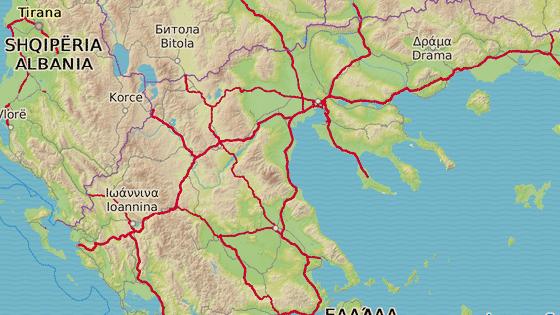
Family hotels for pilgrims (or non-traditional tourists) are an important source of income for local residents. Ouranoupoli is quite a pleasant town, the old tower on the coast is worth mentioning. There was graffiti on the beach about "Macedonia" being Greek.
The next day I had to go to the office for a paper with permission to enter Athos - the so-called Diamonitirion. Because they had a note in the registers that I was not Orthodox, they were interested in my faith. I replied that I was a Catholic (perhaps the Catholics will forgive me for this lie), which they wrote in the permit. On the basis of permission, I was then allowed on the ship and immediately after setting sail I had a wonderful view of the peninsula and its monasteries. Sometimes the ship stopped at a monastery. The destination station was the port of Dafni, from where I was only about an hour's walk away from the agreed overnight stay. So I didn't have to deal with transportation.
Allegedly, a smaller bus sometimes runs here. An SUV arrived for the monks and most of the other passengers. The strict monastic life is observed inside the monasteries, the monk can reach it with an esúvéček. So I set off on foot, people passing by kept stopping me and asking if I needed anything and where I was going.
After about an hour, I reached the turnoff to Xiropotam monastery, where I was supposed to spend the night. The road to the monastery was guarded by two barking dogs that I respected. Fortunately, they only guarded the grounds by the road, not the road itself, so they let me pass to the monastery. The monastery complex also includes several greenhouses where the monks grow vegetables. The monasteries try to be as self-sufficient as possible, but without donations (either from states or individuals) they would have a hard time surviving.
In the monastery, I was welcomed with ouzo (a Greek alcoholic drink - pronounced "uzo"). I was instructed there by a person who was not a monk himself, but only helped in the monastery. He was from Abkhazia (a de jure part of Georgia, a de facto independent state that broke away from Georgia with the help of Russia) and complained that he could not return there. I found it interesting, because on the territory of Abkhazia there is the city of New Athos, which refers to this peninsula, and there is also an important Orthodox monastery there.
In the courtyard of each monastery there is a church where monks and visitors gather for services. And there are also clocks that at first glance did not seem to work. They went. The Holy Mountain is perhaps the only place in the world that uses the Byzantine time, which is based on the fact that the beginning of a new day is at sunset. However, this fits differently every day, so the clocks need to be moved and the time of the services is also moved. So the schedule, which shows the times in regular "Greek" time, changes every few days.
The accommodation, which is free, also includes food, but I had to attend all services. Before dinner and the evening service, I went for a walk. I climbed the path above the monastery and had a view not only of the monastery, but also of the sea, the port of Dafni, and in the distance I could see the peak of Mount Athos itself, which rises to a height of 2,033 m above sea level.
For dinner there were some kind of big beans and probably pickled fish meat. It is written that the visitor does not have to take food with him at all. I was quite happy that I had at least some cookies, because their portion was simply not enough for me.
In addition to me, two other visitors of Greek nationality stayed here. At sundown, a bell was called to service, which took place almost in darkness. Its course cannot even be described, it has to be experienced. Already during it, one monk hinted something to me, but he spoke Greek, so I didn't understand him at all. After the service ended, one of the Greek visitors explained it to me - as a non-Orthodox, I have no business in the service.
I was sorry to cause problems there, but they told me before that I should go to church services. They saw on my entry permit that I am not Orthodox. Of course I understand that they don't want tourists here who have it as an attraction. I came there with humility and respect and I really didn't want complications.
So I wanted the service at night. In the morning I had breakfast (halva and fruit were prepared) and needed to go to the port to catch the boat back to Ouranoupoli. I didn't meet anyone at the monastery, so I couldn't even say goodbye and apologize for the misunderstanding about the evening service.
There were already several people waiting at the port, about a third of whom were monks. There is also a post office and a shop with religious items and souvenirs. There is also a suspiciously high number of cats roaming the harbor. It gnawed at my head that only cats were supposed to be here. So I discreetly checked it. I only recently read that cats are exempt from catching voles. Without cats, they would probably have to keep importing new and new cats here.
On the way back, the weather was much nicer, so I went up to the upper deck of the ship and enjoyed the view. In about half an hour we arrived in Ouranoupoli, which can already be recognized from afar by the already mentioned old tower on the beach. I had a few hours in Ouranoupoli before the bus left for Thessaloniki, so I set out to explore. I was interested in what the border with the monastic state itself looks like. I set off on foot towards the places where the border must be, according to the map on my phone it should have been about two and a half kilometers away. The tarmac soon turned into a dirt road, and occasionally my path was enriched by watchdogs who, fortunately, although they often had access outside their gardens, only barked. And then I got there. There was only an overgrown fence, a UNESCO plaque and a sign that said it was illegal to cross the border by land.
At the border, outside the monastic state, there are the remains of the Zygou monastery. I was more surprised by a piece of the border where there is a goal in the fence. Does that mean someone has a key to it and can cross that line in those places? I have not yet found the answer to these questions. I soon had to head back to Oranoupoli and take the bus to Thessaloniki. And with that, I said goodbye to this interesting piece of our planet, at least for now.
Maps provided by freytag & Berndt. © freytag & berndt, SHOCart, OpenStreetMap contributors. The company also creates the book series Wandering Camera with tips for trips throughout the Czech Republic, which is an ideal gift for admirers of the beauty of our homeland.

